Steph W. from SEOPressor


...help you check your website and tell you exactly how to rank higher?


78
score %
SEO Score

Found us from search engine?
We rank high, you can too.
SEOPressor helps you to optimize your on-page SEO for higher & improved search ranking.
By allysa on January 7, 2016
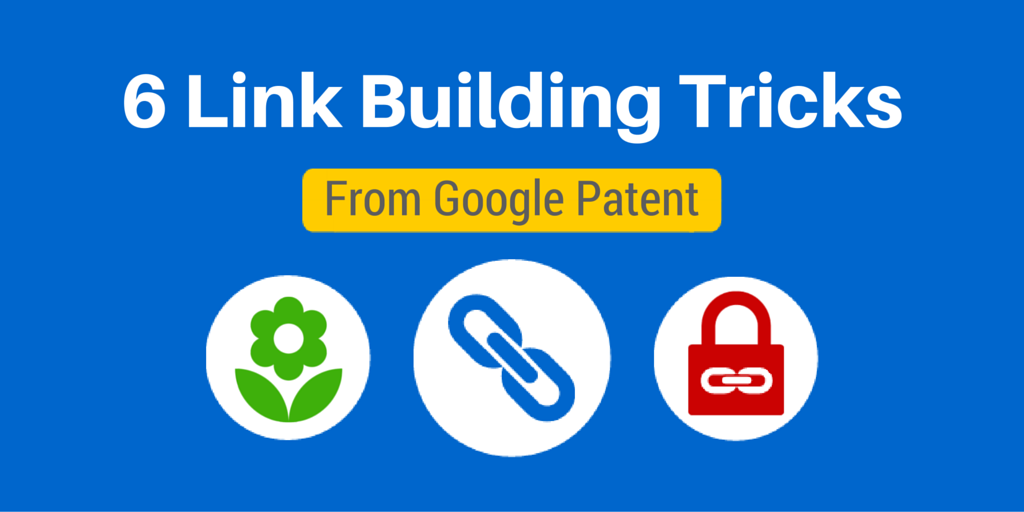
Most bloggers understand the power of links. It’s why link earning is such a huge priority when it comes to online marketing. Bloggers and marketers alike know that obtaining external links is one of the best ways to increase exposure of their brand and attract more web traffic.
It’s also a huge factor in how Google ranks webpages on its search engine. Unfortunately, this led to a lot of artificial link building instead of link earning. The difference?
Websites that use artificial link building strategy often don’t care about the quality of the links they are obtaining – they try to get as many links as possible as a way to fool Google’s algorithm and boost their rankings.
However, this kind of black hat strategy – which often involves link farming – no longer works the way it used to. This is because Google has consistently updated its algorithm over the years in order to eliminate black hat link building and to promote high quality link earning.
While we know that Google emphasizes the use of quality backlinks, we don’t exactly know what factors Google uses in order to determine whether you are using high quality links and how the use of links (whether good or bad) actually affects your overall rankings.
Google never really reveals what factors it looks at – it simply underlines what it wants you to do.
However, knowing what factors it takes into account can really help to benefit your link earning strategy. How do we figure this out? By looking at each Google patent published over the last five years that deal with their link earning algorithm.
From these patents I’ve recognized 6 link building tips that can be used to improve our link building techniques:
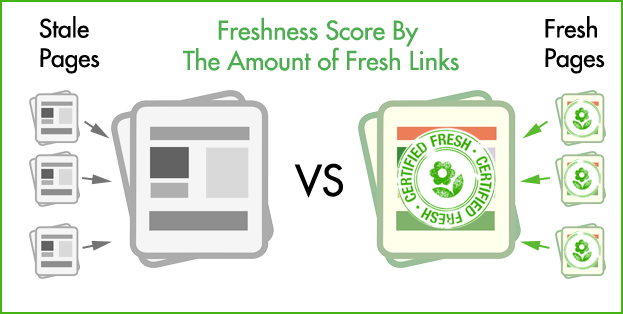
Links from other Fresh sources will increase your Freshness score as well.
Google values different types of links differently. Usually the properties of the website that provides the link will be carried to the weightage of the links.
PageRank for example, uses this method – links from websites that gets more links themselves will be counted more than websites that doesn’t get a lot of links.
In this patent, it also tells us another factor used by Google when scoring links – Link Freshness. A link’s freshness score depends a lot from the freshness score of it’s originating website. Some of the factors that affects a website’s freshness score:
Rather than just going for quantity by focusing on your link count, it is also important to consider the quality of link you are getting. Target websites with positive traits that you want to reflect in your website such as links from fresh sources.
Avoid websites that rarely update their contents to avoid their staleness to affect your own website freshness.
While building new links is important, we often forget another important aspect – keeping the links we already have. According the Google patent, Google also notice when links pointing to your site disappears.
This can happen in two ways – either websites that originally link to your website replace the link with another website, or the linking content/website is taken down.
If the rate of links pointing to your website is increasing and high, Google will take it as a negative signal. This is especially the case if you have a low link growth rate in comparison.
There are few practices you can do to avoid disappearing links:
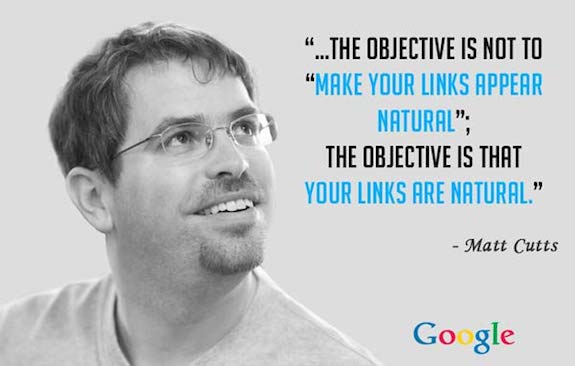
Google want webmasters to earn their links naturally, not bought or inflated through artificial means.
Buying links in bulk from link-farms used to be an effective shortcut when it comes to inflating the number of links pointing to your site. But the thing is, we have gone a long way since those days.
Artificial links won’t fool Google anymore and you might even get your website penalized and blacklisted from Google SERP forever. It’s not surprising that there are still a lot of websites or organizations that offers link purchasing services even now in 2016.
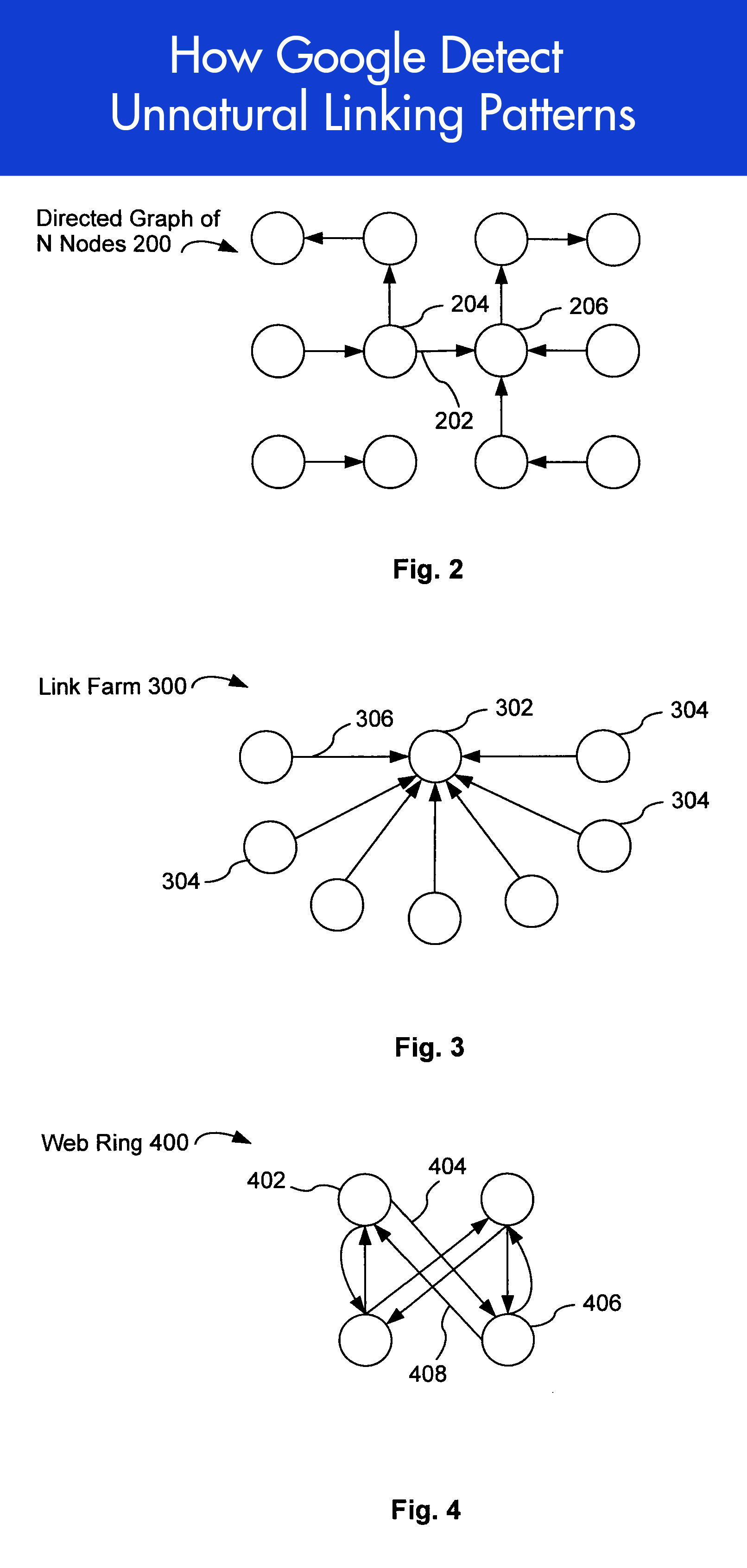
Google are capable of detecting unnatural linking patterns and penalize them.
Link-farms gives out low quality links and they might not even last long as they might get closed after cashing out and you’ll lose a lot of links as a result (which is not what you’d want, for reasons stated in the previous point).
For the money you waste to purchase them, buying links is not only ineffective, but can do harm to your website instead.
Focus more on earning links and building links organically instead. In addition to improved Google ranking, you also get a more meaningful interaction from the traffic you gain from organic links.
In our previous article about 50 ways you can build links, some of the examples also includes activities like guest posting, influencer outreach and interviews that also help you build relationship and reputation along the way.
I have mentioned the quantity and quality of links that can affect your ranking. Another aspect to link building according to Google patent is that, the rate of links your website gets overtime is also an important factor.
Other than just the total number of links, Google also takes into consideration whether there’s an increasing or decreasing trend to the growth rate of links pointing to your website.
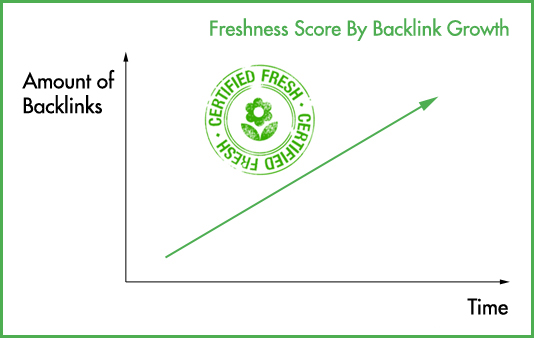
An increasing amount of backlink is a signal of Fresh contents while a dwindling amount is the sign of a content becoming stale.
An increasing trend shows that your content is fresh while decreasing trend shows that your contents is starting to get stale. Freshness score is one of the factors that affects your website ranking especially on trending topics.
When building your links, it’s important to not get hasty and get as much links as quickly as possible. If you do this, it’s hard to keep on building more and more links overtime as the initial value is already huge.
Once you stop, Google will consider your contents stale and they might adversely affect your freshness score, which in turn affects your ranking.
What you can do instead is start small, and grow them up steadily as time goes by. As long as there’s a growing trend, Google will consider your contents fresh.
If you have a positive link growth rate, earn them organically and get them from authoritative website, good. Yet there still room to improve your backlink profile.
Google patent also states that score of links coming from the same or affiliated source will have diminishing return. What this means is that the more links you are getting from a website, the less it will count towards the final score.
This is implemented in one way to further reduce the effectiveness of link-farms or linking from your own websites. Google takes into consideration factors such as the IP address, hosting and even their source of traffic to identify whether they come from the same or affiliated source.
An obvious takeaway from this point is again, don’t acquire your links from link-farms as they will score less and less overtime. Other things to consider is to broaden your link earning effort and incorporate a larger variety of sources.
Getting links from your associates or partner sites is a good starting point. But try to get more variety as time goes by.
A little bit different from the previous points, this time I’ll talk about another link-related factor, but more towards your outbound links instead of backlinks.
The links you point to external factors are also observed by Google to monitor what kind of contents does your website have. It’s important to link out only to sites closely related to your niche.
If Google observed that your outbound links are consistently pointing to a certain niche, it will strengthen your affiliation to that field.
If you are pointing outbound links all over the place, the signals you’re sending out to Google gets a bit muddled. Worst case, if you overdo them Google might think that you’re running a link-farm instead!
Whenever you link to an external site, make sure that they count and that they are really necessary to illustrate the point at hand. Sometimes for me, I like to reference a lot of pop-culture in my articles.
This is not a bad thing on its own. A good thing in fact, since it helps with storytelling. But if I were to link back to entertainment-based websites on each of those references, it will add a noise to SEOPressor’s linking profile.
Instead of focused on SEO/Internet marketing-based profile, it’s now also dotted with links to entertainment sites which is not an image SEOPressor want to portray in Google’s eyes.
So, as much as keeping your backlinks focused, do the same thing to links you’re pointing outside.
From the insights that can be gathered from Google patents, we understand that link building is way more than just getting more and more links. There are lots of other factors to consider and if you’re frustrated about your ranking even though you might have thousands and thousands of links, you might be interested in trying a different approach.
Updated: 23 February 2026


Save thousands of dollars (it’s 100x cheaper)

Zero risk of Google penalty (it’s Google-approved)

Boost your rankings (proven by case studies)
Rank High With This Link Strategy
Precise, Simplified, Fast Internal Linking.
